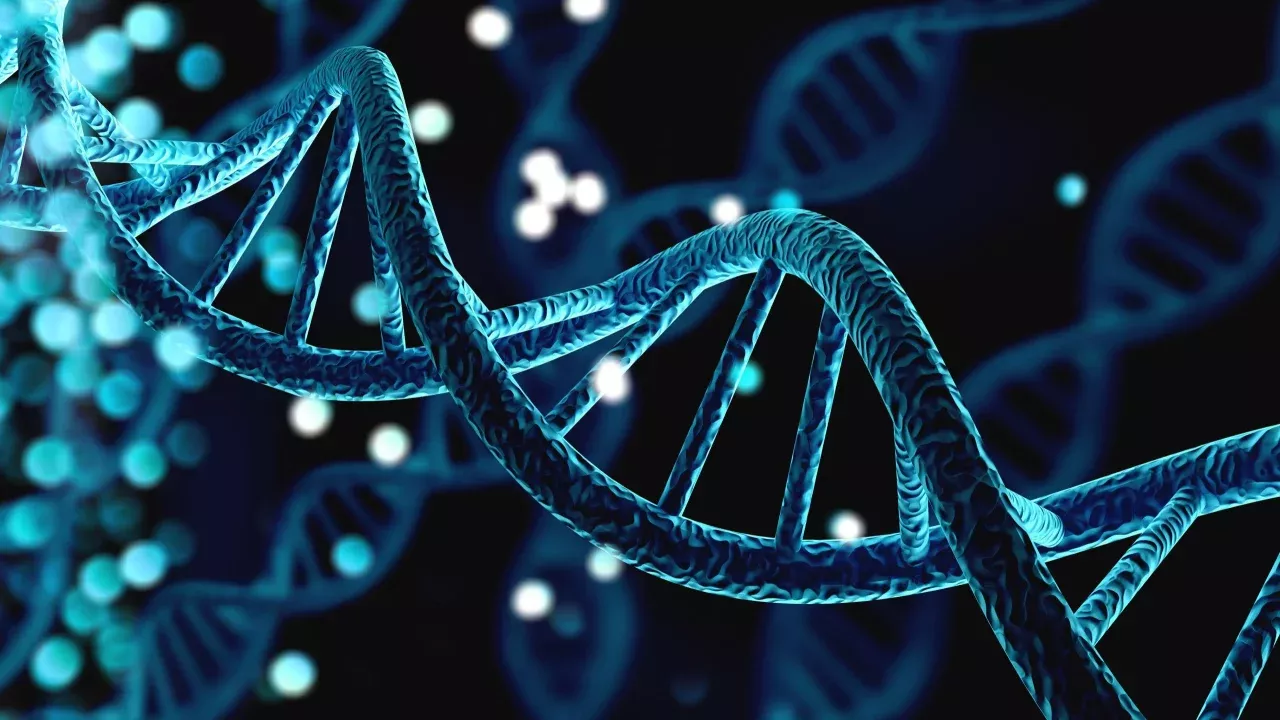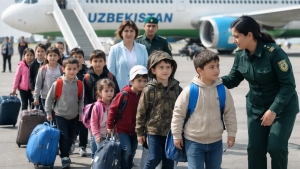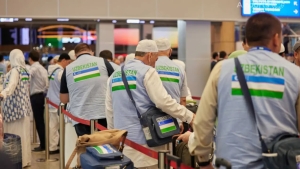The first complete human genome was sequenced in Uzbekistan

A major scientific study on the complete sequencing and analysis of human genes was conducted for the first time in Uzbekistan. This was reported by Zamin.uz.
As a result of this work carried out by scientists from the Advanced Technologies Center, dozens of new genetic mutations previously unrecorded worldwide were identified among Uzbeks. This data has been included in international genetic databases and is expected to enhance the country's position in the field of genomics.
The research findings demand serious attention. It was found that every second child is a carrier of hereditary mutations, with approximately 86 percent of children carrying at least one defective gene.
This figure is twice as high as international standards. Scientists associate this situation with the high prevalence of consanguineous marriages in certain regions.
In some provinces, marriages between relatives constitute more than a quarter of all marriages. Experts emphasize that this not only leads to hereditary diseases but also negatively affects overall health.
Genetic mutations increase the risk of diabetes, cardiovascular, and oncological diseases. Therefore, the likelihood of these diseases occurring among the younger generation is rising.
Scientists consider it important to conduct genetic screening of couples before marriage and to involve children in early preventive programs. This allows for early detection and effective treatment of these diseases.
During the study, a clear genetic diagnosis was made in more than half of the examined patients, expanding doctors' ability to choose appropriate treatment methods. Interestingly, one-third of the identified mutations had never been recorded anywhere before and were added to international genetic databases.
As Professor Shahlo Turdiqulova, head of the "1000 Genomes of Uzbekistan" project, emphasized, the true picture of our people's genes has been shown for the first time. If most children carry hidden hereditary mutations, this process cannot be stopped without prevention and genetic counseling systems.
Through this project, a genetic map of the country's population will be created and a national biobank will be established. This data will serve as a basis for personalized medicine, the development of new drugs, and screening programs.
The Advanced Technologies Center is a scientific institution that actively participated in identifying new coronavirus strains and developing the ZF-UZ-VAC 2001 vaccine during the pandemic. Now, it has initiated a new era in genome research in Uzbekistan (source: zamin.uz).







